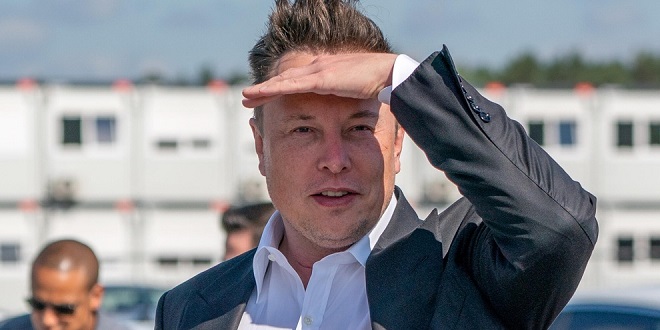China continues to make significant strides in its space endeavors as a Chinese rocket successfully launched eleven communication satellites developed by Geespace, a subsidiary of Zhejiang Geely Holding Group Co. The launch, carried out by a Long March CZ-2C rocket from the Xichang Satellite Launch Center in Sichuan province, marks Geespace’s second deployment of satellites, with the initial batch sent to orbit in mid-2022.
Geespace, a major player in the automotive industry, aims to establish a network of satellites approximately 600 kilometers above Earth. The envisioned satellite constellation aims to support various applications, including linking to driverless cars and providing connectivity for Geely vehicles. The company also anticipates offering satellite links for consumer electronics, leveraging advancements in space infrastructure to enhance its competitive edge in China’s evolving auto market.
The Chief Executive Officer of Geespace, Tony Wang, highlighted the potential ubiquity of satellite functionality in the future, envisioning it as a standard feature for every car and consumer device. The integration of satellite communication is already available in several of Geely group’s electric vehicles, showcasing the company’s commitment to staying at the forefront of technological advancements.
As China advances its space program, including successful missions to Mars and the moon, the focus on establishing a substantial constellation in low-Earth orbit signals the nation’s determination to compete in this domain. The integration of satellite capabilities into various industries, including automotive, reflects the growing intersection of space technology and everyday life, with potential benefits for consumers and businesses alike.
While China is making progress in its space program, particularly in low-Earth orbit (LEO) satellite deployment, the state-owned enterprises have been comparatively slow in building a significant LEO presence. Geespace, a subsidiary of Zhejiang Geely Holding Group Co., stands out as one of the few private-sector companies attempting satellite operations in this domain. In contrast, SpaceX, owned by Elon Musk, operates over 5,300 satellites in LEO, with ongoing monthly launches to expand its Starlink constellation.
Geespace’s recent launch, deploying eleven communication satellites, reflects the company’s ambition to establish a network of satellites, primarily targeting applications related to the automotive industry, including driverless cars. The Geely subsidiary envisions a constellation of 72 satellites in its first phase, with a goal to achieve this by next year. Despite the pressure to meet this ambitious timeline, Geespace is investing in on-the-ground infrastructure, network setup, and the commercialization of cloud services to support its satellite constellation.
The founder and chairman of the Geely group, Li Shufu, known for owning almost 10% of Mercedes-Benz Group AG and having stakes in various foreign automakers, is driving the company’s satellite initiative. Geespace, meaning “a path in time and space” in Chinese, is positioning itself in the evolving landscape of satellite communication. The company completed a satellite production facility in Taizhou capable of producing 500 satellites annually and has sold dozens to Chinese startups, universities, and other space-related entities.
Geespace aims to offer its satellite services globally, excluding the polar regions, emphasizing real-time satellite communication capabilities. As the electric vehicle (EV) sector transitions to self-driving and Internet of Things (IoT) services, Geespace anticipates increased demand for satellite communication and navigation networks. With the telecommunications infrastructure moving from 5G to 6G, the company sees significant growth potential in the satellite communication market.




Comments are closed